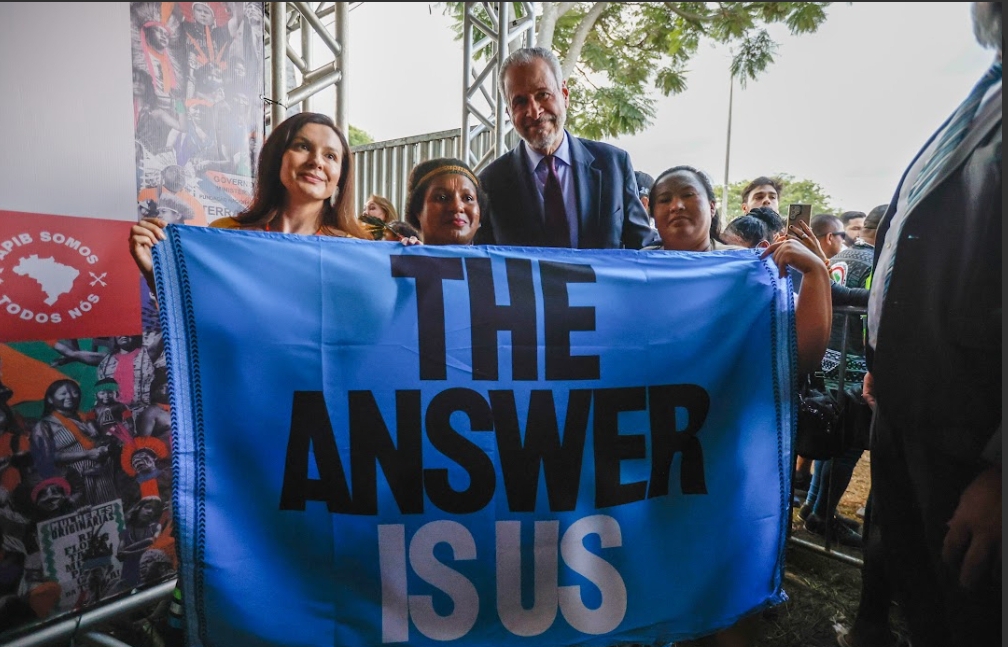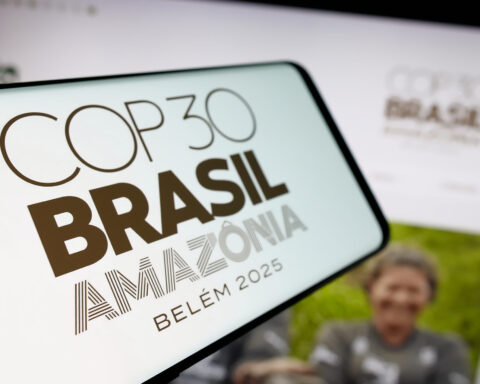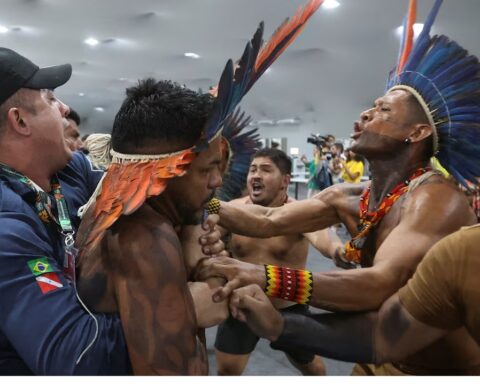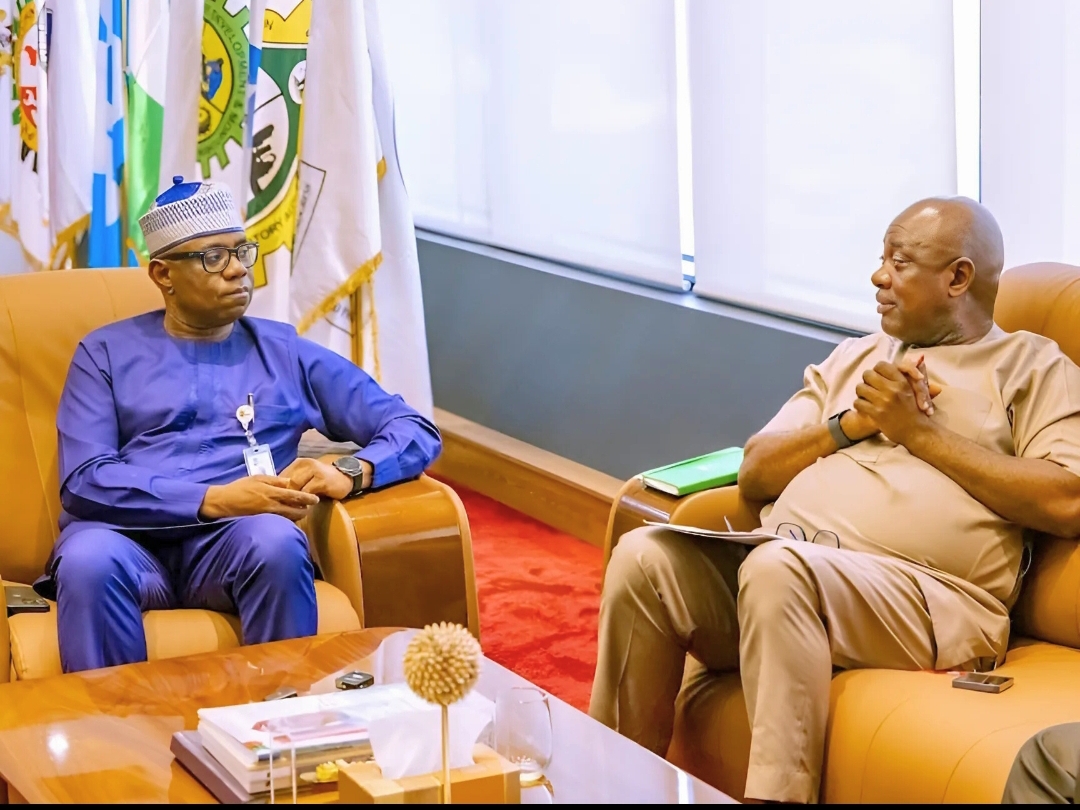Brazil’s Minister of Environment and Climate Change, Marina Silva, has reaffirmed the country’s commitment to leading a global shift away from fossil fuels toward a just and inclusive energy transition, as momentum builds ahead of COP30 scheduled to hold in Belém this year.
Silva made the declaration during her address at the final day of the Renew Our Power event held in Brazil, where more than 200 climate leaders from over 70 countries convened to shape global energy strategies.
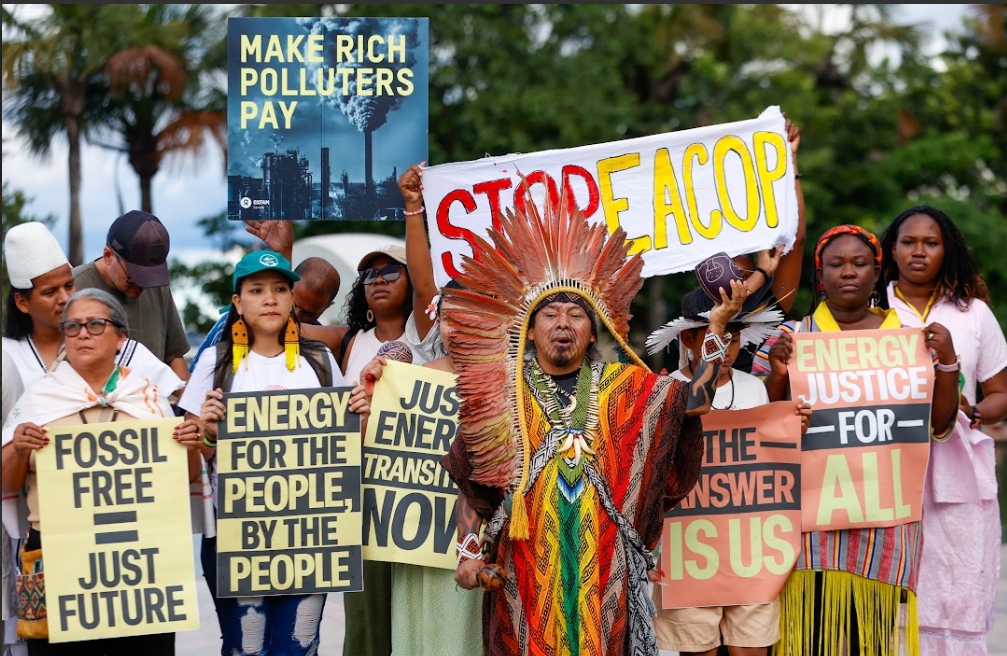
The high-level meeting, organised by 350.org, focused on advancing a people-centred renewable energy agenda in response to the escalating climate crisis.
Emphasising the urgency of action, Silva stated: “We have to think about the root of the climate problem. Does anyone still not know that the root is fossil fuels? Everyone knows that. It was agreed at COP28 now it’s time to implement, implement, implement.”
Silva stressed the need for a new paradigm of climate leadership grounded in Indigenous knowledge systems and inclusive participation.
“Science can anticipate a lot, but we usually only consider the science of Western knowledge. There is another science ancestral knowledge which says the same thing and lives it.
We need COP30 to be a space for learning, where Indigenous and traditional peoples lead the way,” she said.
Her speech came just days after dozens of international climate activists staged a peaceful demonstration at the Ministry of Foreign Affairs in Brasília, using a giant banner created with ashes from Amazon wildfires to symbolise the devastating impact of fossil fuel dependency.
The protesters, representing voices from around 20 countries, urged Brazil’s COP30 presidency to place the just energy transition at the heart of climate negotiations.
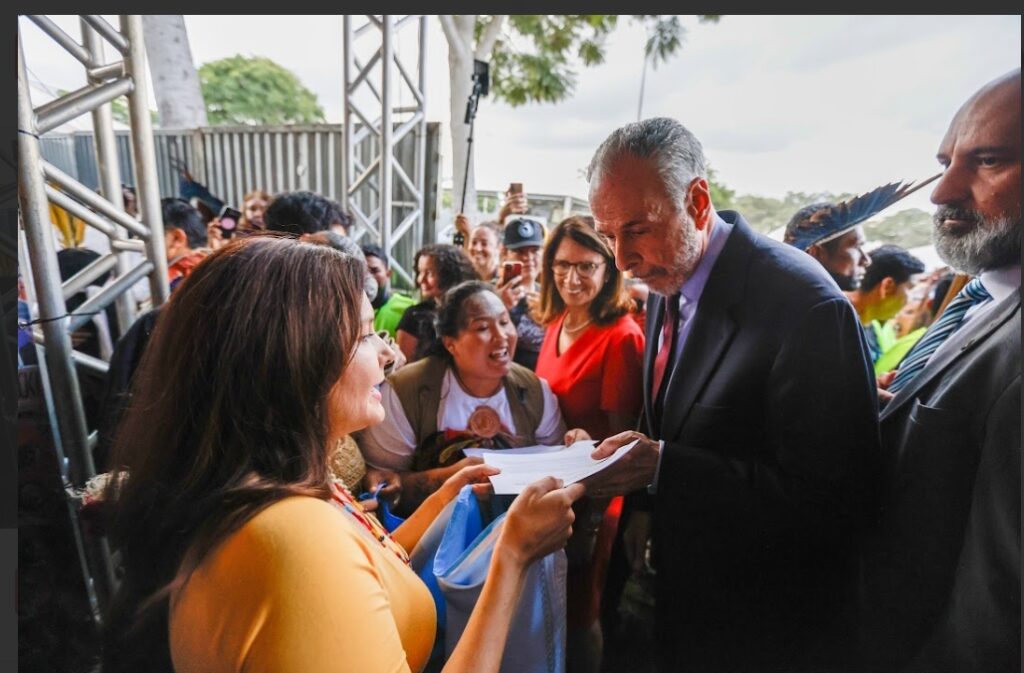
A letter addressed to the Brazilian COP30 presidency and signed by over 180 civil society organisations along with an online petition supported by thousands across 98 countries demanded immediate action to end fossil fuel reliance and prioritise Indigenous and traditional community leadership in climate solutions.
Cacique Ninawa of the Huni Kui people described Silva’s visit as “a strong signal to the world,” stressing that Indigenous peoples, as frontline defenders of the planet, must receive direct financing and recognition as key players in climate decision-making.
“We need political courage to eliminate the use of fossil fuels and accelerate a just energy transition. We, the Indigenous and traditional peoples, are the true climate authorities,” he said.
Ilan Zugman, 350.org’s Regional Director for Latin America and the Caribbean, echoed these sentiments, stating that, “If we want to talk about an ethical balance this year, we can’t exclude those most affected by the climate crisis. We are calling for an end to fossil fuels, a just transition, and for Indigenous leadership to be at the centre of COP30.”
George Nacewa, a Pacific Climate Warrior from Fiji, added: “The age of deliberation is over. This COP must move the Just Renewable Energy Transition from words to action.”
Brazil, through its Global Ethical Balance initiative launched by President Lula da Silva and spearheaded by Silva is aiming to convene a global dialogue rooted in equity, justice, and the 1.5°C climate goal.
As preparations for COP30 intensify, climate advocates are looking to Brazil to lead by example and champion a just, inclusive, and urgent transition to clean energy that centers the voices of Indigenous and traditional communities worldwide.
By Dare Akogun


